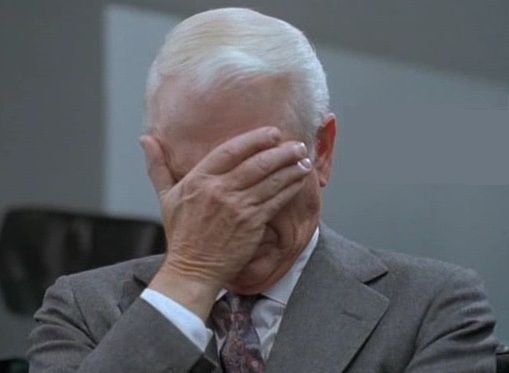Of course. There are lots of things I omitted, and that's obviously just a judgement call that I made. Basically, I'm a crypto nerd who's paranoid about coming off as a standard paranoid crypto nerd. I try not to tell people to do too much stuff that will sound like overkill to them because I don't want to be the boy who cried wolf.
I've always felt that the standard recommendation to use distinct unconnected e-mail addresses--each with its own unique password--for every important account you have falls into the category of "stuff that will sound like overkill." And, I think that when I say stuff like that in the same blog post as something incredibly important like "Change all your passwords that were identical to your 2p2 password", I risk people rolling their eyes at the really important stuff.
To my knowledge, nearly all of the online poker account hackings have been by way of keylogging, phishing, and server-side e-mail hacking, NOT brute-force attacks on passwords.
We're talking about a situation in which a hacker is brute-forcing passwords as we speak. That's why I'm talking about that.
You say that hackers can brute force passwords by gaining access to the server and going after the hashed passwords. Yes, that can be done, but I have news for you. If someone has the ability to gain access to the server of an e-mail provider, they probably already have the ability to change people's passwords without brute-forcing anything. So, again, a strong password wouldn't help anything in such a case.
Your news is quite oversimplified.
Rather than get all techy on you, I'll simply point out that this is exactly a situation in which a hacker appears to have had the ability to get passwords but also appears to have not changed anything. That happens really often. I don't actually know of an example of someone gaining access to a server and changing a password.
This isn't to say that I am suggesting people to choose weak passwords, but a pet peeve of mine has been people using one e-mail for everything -- including their poker accounts with hundreds of thousands of dollars -- and then being surprised when they get hacked. I think that simply encouraging people to choose good passwords gives them a false sense of security, when in reality the smartest thing to do (at least with a lot of money in a poker account) is to use different e-mails for at least those big accounts.
I'm not saying to use 20 different e-mails, but rather to identify the few accounts you REALLY never want hacked (especially if you're a high limit player), and use different e-mails for those.
BTW, I edited the post you were complaining about.
Yeah. We just disagree about how to appropriately balance our advice.
Frankly, I think that you're biased because you don't really seem to understand the password situation, so you're more interested in solving a problem that you understand. I'm probably biased as well because I like crypto, so I like crypto problems with crypto solutions.




 Reply With Quote
Reply With Quote




